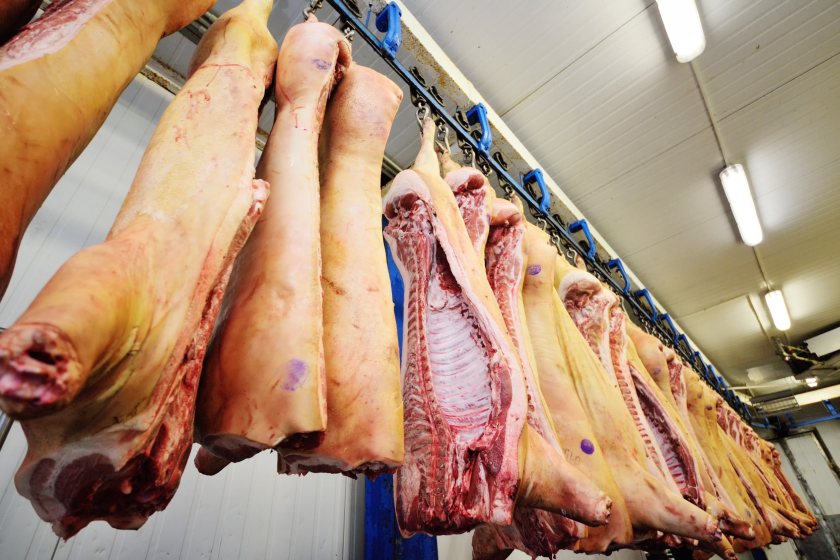
The Food Standards Agency's (FSA) proposals to increase its fees risks the future of the UK's dwindling small abattoir network, the sheep sector has warned.
The food safety body launched a consultation in the summer concerning recent proposals to raise fees paid by abattoirs.
Proposed changes could mean a medium sized abattoir current paying £5,159.17 would rise to £10,163.10 - a 97% increase - per month.
Another change would see the FSA removing the discounted charging structure that currently benefits smaller abattoirs.
These businesses, which process fewer animals and require fewer regulatory hours, receive greater discounts, making it more affordable for them to comply with regulations.
The National Sheep Association (NSA) warned that the changes could 'catastrophically impact' the sector, many of which already face pressures.
It comes as the UK's small abattoir network has seen a huge decline in recent decades, with numbers falling from 2,500 businesses in the 1970s to just over 200 today.
Farming bodies say that small abattoirs are essential for processing diverse and smaller-scale livestock operations, ensuring farmers can access nearby slaughter facilities.
They also provide a local service in dealing with casualty stock still fit for human consumption and animals not able to travel long distances.
And, in times such as as the current spread of bluetongue virus present in the UK, the industry points to the fact that small abattoirs help lower disease spread.
NSA policy manager, Emma Owen said the government must consider the broader impact of increased charges as small abattoirs were 'vital' to maintaining a diverse meat industry in the UK.
"More than half of the UK's meat plants could be at risk of closure if the current discount structure is removed, threatening the UK’s food security and local economies," she warned.
“Consequences extend beyond the small abattoirs as the increased costs of processing meat due to higher regulatory charges would likely be passed down the supply chain, meaning farmers would face higher costs.
"The price of locally produced, high-welfare meat could be forced to be increased making it less competitive against cheaper, mass-produced alternatives."
There are now just over 200 abattoirs left in the country, following a huge decline from about 2,500 in the 1970s.
Over the past year, a collaborative government and industry effort to reverse the decline has been supported through policies such as the Small Abattoir Fund.
But Ms Owen warned that rural communities could also see a further loss of employment and economic activity tied to small abattoirs if nothing else was done.
She said: "It is particularly disappointing that at a time when government has encouraged farming businesses to diversify to tackle increased political and economic turmoil these changes are set to threaten the fabric of these newly founded businesses."
